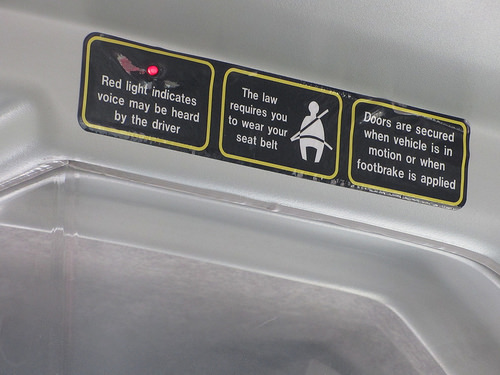My son hates cafeteria food and refuses to eat it. Instead, he wants a healthy lunch from home every day, and a healthy snack or two for his break during school and at the after-school program.
I realize my fortune. My son’s favorite meal consists of sautéed beef heart and onions with a side of asparagus (neither of us like liver), and he would rather eat one of my meals at home than go out. He is an adventurous eater and I could not ask for much more.
But what to do about school lunch? How can I possibly prepare a good meal and still keep my sanity in the morning? Here are some ideas you might be able to use.
- Keep it simple. Do not fall into the trap of making lunch aesthetically pleasing. If you have ever worked lunchroom duty you know the cafeteria is chaos and kids either shovel the food in their mouths or end up throwing most of it away. The time is limited and they do not seem to care if your lettuce wraps have fallen apart.
- Ask them what they like. My son can eat the same thing almost every day of the week. Right now, he loves grass-fed roast beef, some cheese, sliced red peppers, and a small sweet for dessert. He just finished a phase of turkey, cheese, and cucumbers. As the weather cools, he might switch to homemade chili in a Thermos. I make it a point to have the conversation during the weekend and do my shopping for the week on Sunday. If he complains, I simply remind him he asked for what he got and will have the opportunity to make requests for the following week.
- Prepare as much as possible on Sunday. Once we determine the menu for the week and complete shopping, I prep all the food and put it in Ziploc bags or other containers and store in the refrigerator so nothing more is required than filling the lunchbox and swapping out the ice pack (get at least three) in those chaotic pre-school moments. Doing everything in one sitting and having food pre-positioned in the refrigerator sure beats rushing around, looking for shoes and socks, cooking breakfast, and making lunch simultaneously.
- Try to keep the meals balanced and colorful. As previously mentioned, many parents wish they had my son to feed – he is easy. Try your best to keep meals interesting and healthful. These books really helped me out early on: Eat Like a Dinosaur, and Primal Cravings. Also, check out NomNom Paleo for great, healthful lunch ideas.
We love our kids and we have our hands full with parenting, work, and maintaining our homes. Sometimes buying school lunch (aka “hot lunch”) makes life simpler. But give making lunch a try and tell your kids you want to give them the best food possible and want to be the one to prepare it for them. And you can also write funny notes and put them in their lunch box.
What time saving ideas for lunch have you used?








